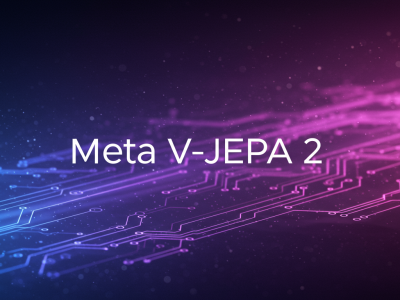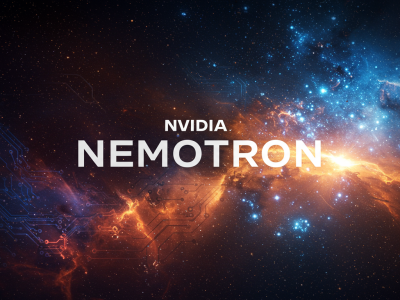Quick Take: Anthropic just unleashed its next-gen AI family, Claude Opus 4 and Sonnet 4, making a bold claim that Opus 4 is the new “world’s best coding model.” The launch is packed with developer-focused upgrades designed for building sophisticated AI agents, including parallel tool execution, “extended thinking” with web search, and the general availability of the Claude Code agent with deep IDE integrations.
🚀 The Crunch
🎯 Why This Matters: Anthropic is making a direct play for the agentic AI crown. For developers, the new Claude 4 models aren’t just incremental upgrades; they introduce core capabilities like parallel tool use and in-process web search that are essential for building sophisticated, multi-step AI agents. With Claude Code now GA and deeply integrated into IDEs, they’re providing a full-stack ecosystem for creating and deploying next-gen coding assistants.
⚡ Developer Tip: Immediately start testing the new parallel tool use feature in the API. Design a simple agent that needs to fetch user data and check inventory simultaneously to see the speed benefits. For Claude Code, install it in your IDE (run Claude Code in the terminal) and try the new GitHub integration by tagging Claude Code on a pull request.
Critical Caveats & Requirements
- “Best Coder” is a Bold Claim: While benchmarks are strong, validate Opus 4’s performance on your own specific coding challenges.
- Agent Features are in Beta: Extended thinking with tool use is a beta feature. Expect rough edges and potential API changes.
- Pricing is Unchanged, But…: While the per-token price is the same, more complex agentic workflows with many tool calls could lead to higher overall costs.
- Sonnet 4 for Free Users: Free tier users get access to the powerful Sonnet 4, but Opus 4 remains exclusive to paid plans.
✅ Availability: Claude Opus 4 and Sonnet 4 are available today in the Anthropic API, Amazon Bedrock, and Google Cloud’s Vertex AI. Paid users get both models; free users get Sonnet 4. Claude Code is GA and can be installed in VS Code and JetBrains IDEs.
🔬 The Dive
The Big Picture: A Full-Stack Play for Agentic AI. This isn’t just a model release; it’s Anthropic laying down a complete, end-to-end ecosystem for building the next generation of AI agents. By pairing their most powerful models (Opus 4 and Sonnet 4) with crucial new capabilities like parallel tool use and making their Claude Code agent generally available with an SDK, they’re signaling a major push to own the developer workflow for complex, agentic AI.
💡 Anthropic is positioning Opus 4 as the “best coding model in the world,” designed for sustained performance on tasks that require thousands of steps and can work continuously for hours—a clear shot at complex coding projects and advanced AI agent workflows.
The Agentic Leap: Why Parallel Tools Matter
The move to parallel tool execution is a game-changer for building sophisticated agents. Previously, most models operated linearly: ask a question, use one tool, get a result, use another tool. It was slow and inefficient. With parallel tool use, an agent can now perform multiple actions simultaneously.
Imagine an agent tasked with planning a trip: it can now check flight prices, look up hotel availability, and search for local restaurants all at the same time. This multi-threaded approach is far closer to how humans solve problems and is essential for creating agents that can handle complex, real-world tasks efficiently.
Combined with “extended thinking,” where the model can use tools like web search mid-thought to gather information, this creates a powerful new paradigm. An agent can start a task, realize it’s missing information, search the web, and then use that new knowledge to call multiple other tools in parallel to complete its objective.
Claude Code Graduates to General Availability
The graduation of Claude Code from a research preview to a GA product is a significant milestone. It’s now a mature tool with native integrations for VS Code and JetBrains, allowing edits from Claude to appear directly inline in your files. The release of an extensible SDK is the real prize for developers, however. It allows you to build custom agents and applications on top of Claude’s core agentic engine. The new “Claude Code on GitHub” beta, which lets you tag the agent in pull requests to handle reviewer feedback or fix CI errors, is a powerful demonstration of what’s possible with this new ecosystem.
TLDR: Anthropic’s new Claude 4 models are here, claiming the coding crown with new agent superpowers like parallel tool use and web search during reasoning. Claude Code is also now GA with deep IDE integration. Go build some seriously smart agents.




